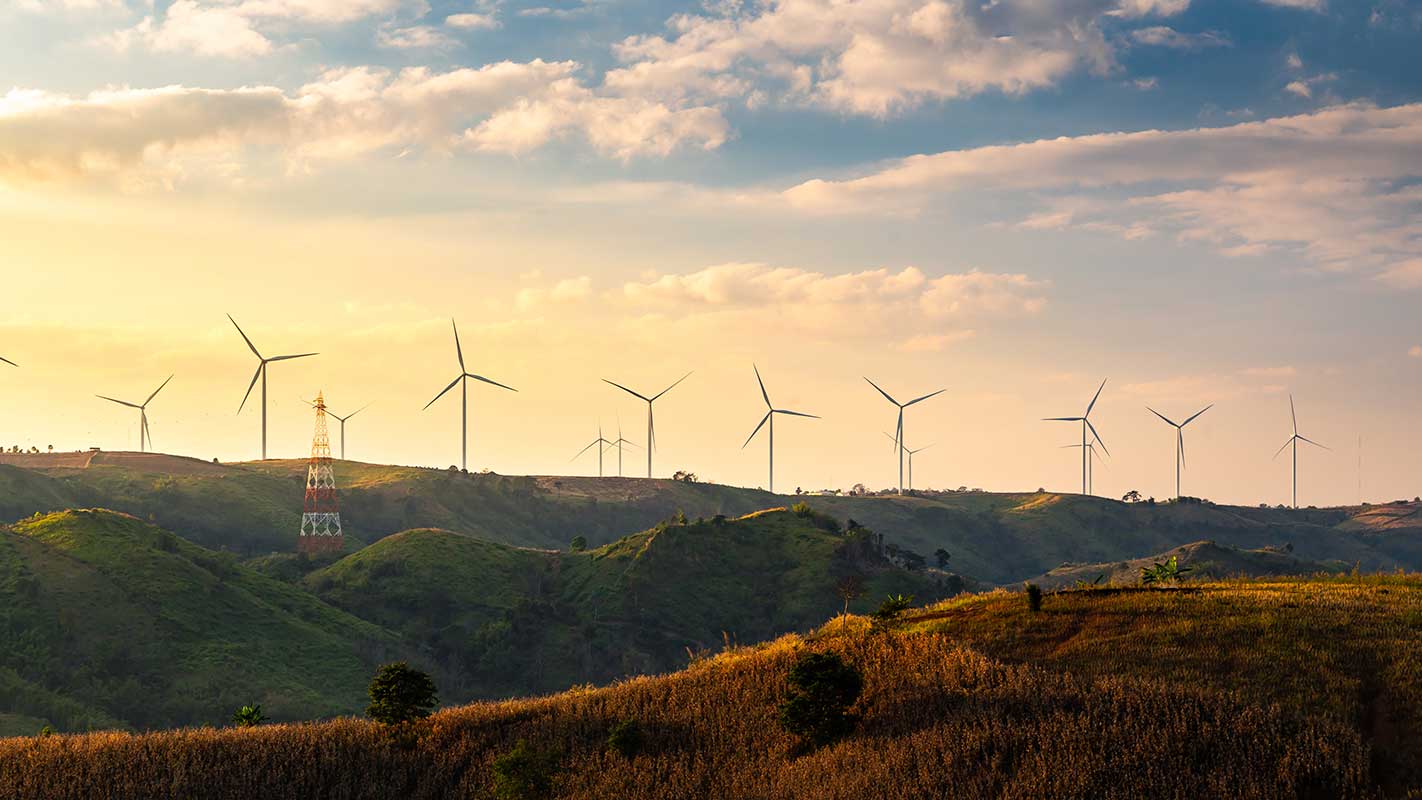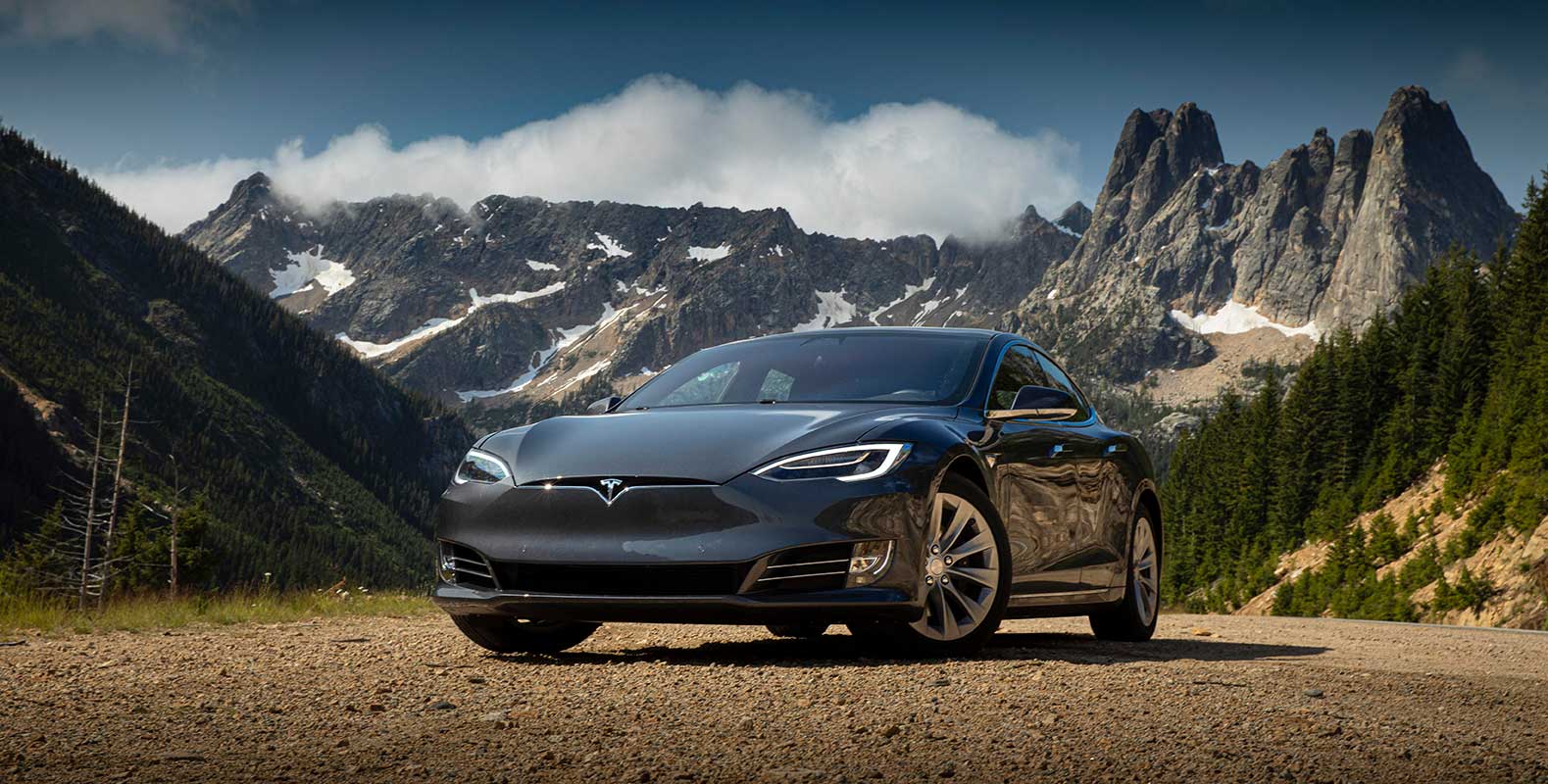This website uses cookies so that we can provide you with the best user experience possible. Cookie information is stored in your browser and performs functions such as recognising you when you return to our website and helping our team to understand which sections of the website you find most interesting and useful.
Making an impact: from social responsibility to ESG investment
By Lysanne Currie | 20 March 2021 | Culture, Wealth,
We explore the financial revolution that’s strengthening business and society

At the end of January, BlackRock’s Larry Fink delivered his annual letter to the world’s CEOs and investors. In it, he issued a stark reminder that we ignore our fragility as a species at our peril. The way companies responded to the climate change threat would be a “defining factor” in their long-term prospects.
Fink, who began writing his annual letters in the wake of the 2007 financial crisis, noted that the Covid-19 pandemic has been a powerful catalyst, enveloping the entire globe and transforming the way we live – as well as setting the ground for a vision of the future.
Social justice and demographic challenges were also addressed in the letter, from the growing retirement crisis to systemic inequalities and recent political turmoil in the US, reminding the world how vulnerable and precious the democratic system can be, and underlining the interdependence between environmental and social issues.
For many industry observers, Fink’s influential letter marks a tipping point in impact investing, a type of investment that involves putting environmental, social and governance (ESG) on equal footing with financial return – raising its profile from one of niche strategy to business imperative.
Fink, who is CEO of the world’s largest asset manager, with $8.67 trillion in assets, has galvanised far-reaching change in previous letters. In 2018 he called on businesses to clarify their purpose and contribution to society, prompting the Business Roundtable – a lobbying group of 180 of America’s most powerful CEOs – to declare that ‘corporations have a responsibility to society’, rather than merely the transaction of stockholder returns.
And as companies, investors and governments begin to truly double down on the goal of net zero emissions by 2050, the threshold necessary to keep global warming below 2 ̊C, it will accelerate an economic transformation, according to Fink. The appetite for a reset is there, he insists, and will only grow.
WINDS OF CHANGE
In his new book, Impact: Reshaping Capitalism to Drive Real Change, businessman Sir Ronald Cohen also talks of resetting the economic model. “The Covid-19 crisis is a wake-up call to the world,” he says. “It will force us to change our ways and to scale the resources we use to reduce inequality and protect our planet.” Simply, we have to seize the opportunity to build back better.
“The idea that we can fix economic and societal inequality by just tinkering within the system is not sufficient because the system is creating unfair outcomes… It has to evolve in the direction of bringing impact alongside profit. The alternative is that we succumb to populism and the devastating effect that profit only capitalism will have on the environment and society.”
However, as spring approaches, so do the green shoots. “In March, with the pandemic taking hold, the conventional wisdom was the crisis would divert attention from climate,” says Fink. “But just the opposite took place, and the real location of capital accelerated even faster than I anticipated.
“From January through November 2020, investors in mutual funds and ETFs invested $288bn (£211bn) globally in sustainable assets, a 96% increase over the whole of 2019 […] We know that climate risk is investment risk. But we also believe the climate transition presents an historic investment opportunity.”

PROFIT AND PURPOSE
This huge transformation is not only being driven by a change of minds in the old school, but by the growth of the millennial generation (born between 1981 and 1996). In the wake of the climate crisis, Black Lives Matter movement and Covid-19, people are demanding change. According to a Fidelity Charitable study, 77% of wealthy millennials and 72% of generation X donors (born 1965 to 1980) have funnelled funds into impact investments – those that aid the environment, technology, diversity and affordable housing – while also generating a return. By contrast, among older generations, impact investments make up just 30% of their portfolios.
Younger investors are twice as likely to invest in a stock or fund if social responsibility is part of the value-creation thesis. Impact investing is also an area the UN General Assembly is currently looking at, as it wants to top up its sustainable investment goals via the private sector.
David Durlacher, CEO of Julius Baer International explains: “The impact investing market has experienced tremendous growth, and stood at over $715bn in 2020 – an annual growth of 17% over the past four years [Global Impact Investing Network]. This has, in part, been due to the rise of the millennial investor and the transfer of wealth across generations.
“Our recent research shows that 88% of millennials agree investments should generate social and environmental benefits alongside financial gains, compared with 57% of baby boomers. So, as wealth passes from one generation to the next in coming years, it is likely that even more wealth will be targeted towards impact investing. But we’re also seeing a growth in impact investing by older generations, and expect it to become more and more mainstream in the coming years.”
“There are stark differences in how HNW millennials view what their wealth is for,” says Oliver Gregson, head of UK & Ireland for JP Morgan Private Bank – now the world’s largest Green Bank. “Our view is that they want to be much more intentional with their wealth: wealth for wealth’s sake is ostentatious. They’re asking instead, how can I make a difference, how can I make an impact?”
In 2017, JP Morgan committed £200bn to clean and renewable energy financing, taking additional steps in 2020 to address climate change and further promote sustainable development through its adoption of a Paris-aligned financing commitment, Center for Carbon Transition and operational carbon neutrality. They also joined the Climate Leadership Council, which calls for a revenue neutral carbon tax and dividend framework. “I think a carbon tax framework is something that is absolutely on the agenda,” says Gregson.
And for those embarking on their impact investingjourney,Durlacheroffersthisadvice. “At Julius Baer, we start with the question: ‘what matters to you?’ Finding investments that align with your own personal values and also contribute positively to a cause you believe in is a good place to start. We want to empower clients to take an active role and make educated choices that lead to a positive impact.”

FUTURE PERFECT
If there were doubts about impact investing in the past, from investors who wanted to do good, but were worried they would have to give up some financial return, this is no longer the case, according to Gregson. “That is a fallacy that has been proven incorrect,” he says. “Reports show that it’s a better way of generating risk adjusted returns. We saw themes like clean energy and electric vehicles perform extraordinarily well. North of 90% of all sustainable investments outperformed their benchmark in 2020. We have a very strong view that this is actually what good looks like, going forward.”
Fink’s clarion call too, is offset by optimism, acknowledging an accelerated potential for change and growth, borne from a world woken by a world health emergency and the biggest economic contraction since the Great Depression. Speaking on the Today programme on Radio 4, he said: “We are now measuring companies through a sustainability lens and determining how fast they are moving toward net carbon zero… and through that we are able to see that some companies are moving very rapidly, some companies are in denial and that’s starting to show up now in how a company’s stocks are performing.”
Gregson makes the point that 126 governments around the world are committed to net zero by 2050, along with over a third of the Fortune 500, while 2020 was a record year for impact investing. “This is the new normal,” he asserts. “I would hazard a guess that in 10 years’ time we won’t even call it this, it’ll simply be the way that things are done.”







